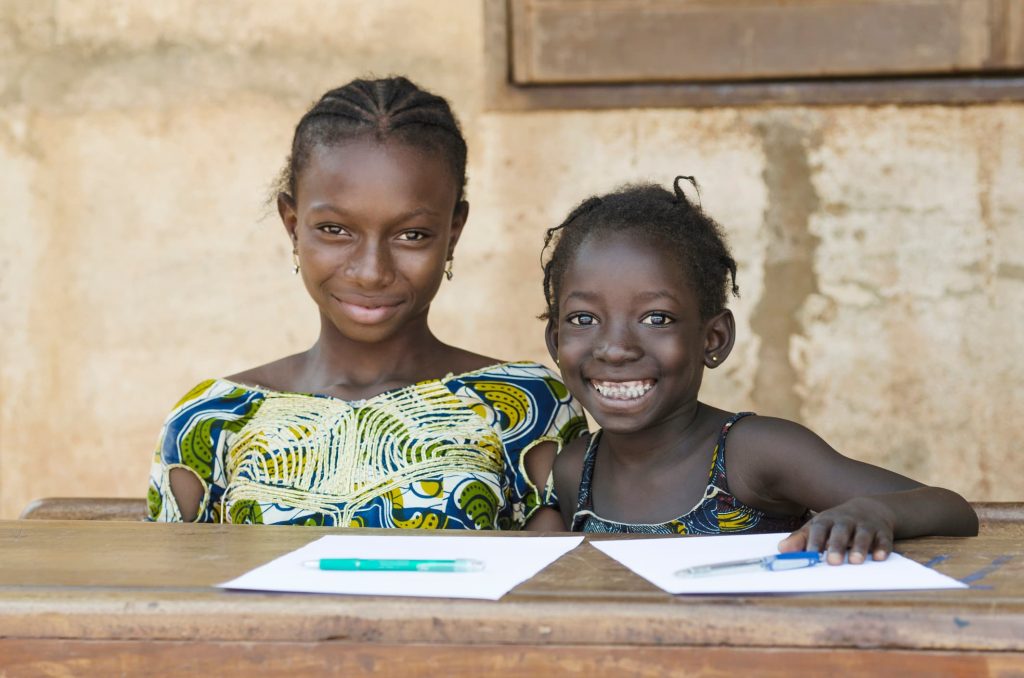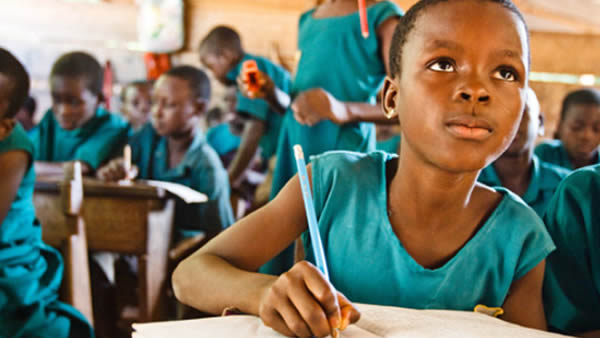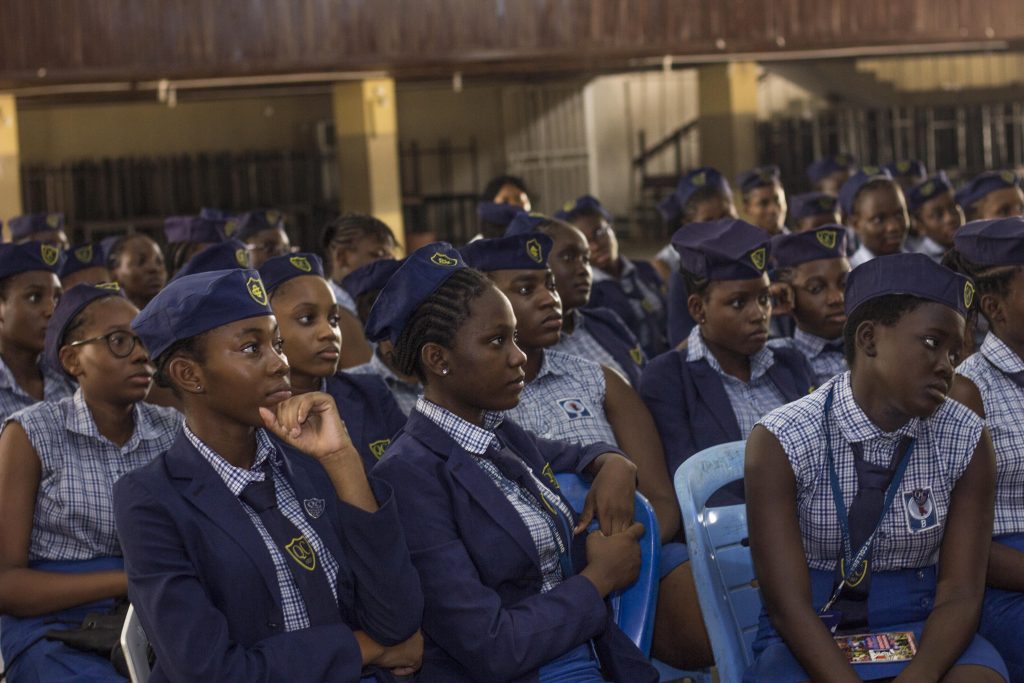The International Day of the Girl Child is celebrated annually on October 11th to raise awareness of the unique challenges faced by girls worldwide and to promote their empowerment. This day aims to highlight the obstacles girls face in areas such as education, healthcare, and gender equality, while also advocating for their rights to grow up in safe, educated, and empowered environments. Globally, the recognition of girls’ rights and the need for their inclusion in all facets of life—social, political, and economic—has been an ongoing fight. The International Day of the Girl Child serves as a reminder that girls hold the power to transform societies, but they need access to education, healthcare, and opportunities to fully reach their potential.

A Girl’s Life: Once Confined to the Kitchen
Historically, the role of women and girls was often reduced to domestic duties, confining them to the kitchen and other household tasks. Societal norms dictated that their primary purpose was to support the family through cooking, cleaning, and bearing children. Education and career aspirations were rarely encouraged. This restricted view was prevalent in many cultures for centuries, creating a false narrative that limited the potential of countless women.
However, as societies began to evolve, so did the roles of women and girls. Women have broken free from these restrictive stereotypes, proving that their capabilities go far beyond domestic roles. Education and gender empowerment movements have highlighted that girls are equally capable of excelling in politics, science, business, and every other field.

The Ongoing Struggle of Gender Inequality
Despite progress in recent decades, gender inequality remains a significant barrier for many girls across the globe. In many developing countries, girls are still denied access to education, forced into child marriages, or subjected to harmful practices like female genital mutilation (FGM). Even in developed nations, women often face wage disparities, lack of representation in leadership roles, and cultural biases that hinder their personal and professional growth.
The International Day of the Girl Child seeks to tackle these inequalities head-on by advocating for systemic changes that support girls’ rights. Through the promotion of gender equality, we create a world where girls are no longer viewed as inferior but as equal contributors to society’s advancement.
Mary Slessor: The Woman Who Stopped the Killing of Twins
One of the most remarkable women in history, Mary Slessor, was a Scottish missionary who significantly impacted the lives of girls and women in Nigeria. In the late 19th century, twin infanticide was a common practice in parts of Nigeria, particularly among the Efik people, where twins were believed to be a curse. Slessor, through her tireless missionary work, fought against this practice and helped save the lives of countless infants, many of them girls. Her courageous efforts not only halted the killings but also promoted the value of life and women’s roles in society.
Women Making Their Mark on the World
Throughout history, women have been at the forefront of change, innovation, and leadership, proving that their contributions are essential to societal progress. Some notable women who have made significant impacts include:
– Marie Curie, the physicist and chemist, whose pioneering research on radioactivity earned her two Nobel Prizes.
– Rosa Parks, the civil rights activist who became a symbol of resistance to racial segregation in the U.S.-
Malala Yousafzai, a Pakistani activist who has fought for girls’ education and became the youngest Nobel Prize laureate.-
Chimamanda Ngozi Adichie, the Nigerian author and advocate for gender equality, whose works have inspired millions to challenge societal norm
These women, along with countless others, have shattered glass ceilings, challenged gender roles, and continue to inspire the next generation of girls to dream big.
The Woman Who Named Nigeria
Did you know that a woman coined the name Nigeria? Flora Shaw, a British journalist and the wife of Lord Lugard, the British colonial administrator, proposed the name “Nigeria” in 1897. The name was derived from the Niger River, a significant geographical feature in the region. Flora Shaw’s contribution to Nigeria’s identity as a nation shows how women have historically played crucial roles, even in spaces dominated by men.
Women Shaping Society Today
Today, women around the world continue to make outstanding contributions across various sectors. In politics, business, arts, science, and humanitarian efforts, women are shaping the future.
– Ngozi Okonjo-Iweala, the first woman and African to serve as the Director-General of the World Trade Organization (WTO).
.- Kamala Harris, the first female Vice President of the United States.
– Ellen Johnson Sirleaf, the former President of Liberia and the first elected female head of state in Africa.
These examples demonstrate that women, when given the chance, can excel and bring about transformative change.
The Future is Female: Women Leading the Way
On this International Day of the Girl Child, we must reflect on how far we’ve come and how far we still need to go in achieving gender equality. Girls have the potential to change the world, and it is our responsibility to ensure that they have the tools, opportunities, and support to do so. By continuing to fight for girls’ rights and gender equality, we are investing in a better future for everyone.
As we celebrate this day, let us remember that the future is not only bright, but is undeniably female. Women and girls worldwide are proving every day that they are forces to be reckoned with, and with the right support, they will continue to shape a better, more equal world for all.

